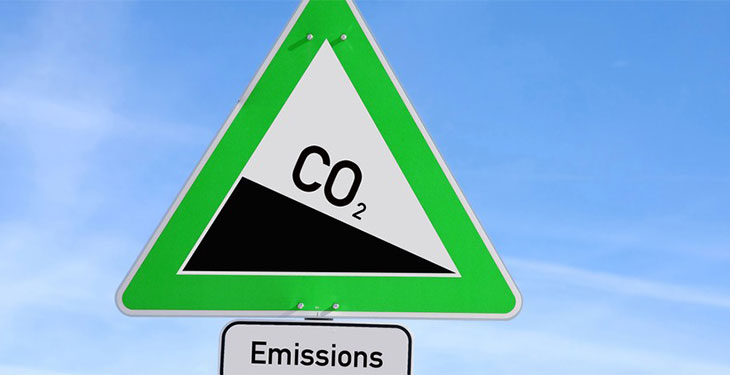Bogdan Tudorache
Romania needs an integrated plan to use European funds from 2021-2027 to reduce greenhouse gas emissions, while ensuring that new jobs are created. This is possible only through concrete policy objectives and funding programs that truly support the transition from fossil fuels to clean energy, according to a Bankwatch Romania report that analyzes the current state of strategic energy documents, as well as funding sources for decarbonization.
In achieving the energy transition, Romania will have to allocate a large part of the funds from the European Union to projects to reduce climate change, modernize the energy system, social inclusion and create sustainable jobs. In total, our country will be able to access 24 billion euros for this purpose out of the 80 billion made available by 2027, according to the latest decision of the European Council, with 30% of the total budget being mandatory investments for climate goals.
“The second half of 2020 is crucial for the country’s energy future, when funding sources and national strategies will be finalized. EU Member States will have five policy objectives to achieve by 2027, and at least two of them are the basis for a fair energy transition: A greener Europe and a more social Europe. It is important that these policies are consistent with the European Green Pact and the Paris Agreement. Romania will not be able to reach the targets for reducing greenhouse gas emissions and environmental protection if it does not plan transparently and participatively all strategies,” said Dan Dobre, Mining and Fair Transition Campaigner, Bankwatch Romania.
Bankwatch recommendations refer in particular to the mining regions, which are most in need of support.
Firstly, the strategy papers must be consistent with future European funding instruments, but also with each other, and contribute effectively to the decarbonisation process. Currently, the documents anticipate new investments in fossil fuels (natural gas, oil) and do not provide a timetable for the phasing out of coal. Therefore, it does not significantly support the overall goal of reducing carbon emissions, the Bankwatch analysis shows.
